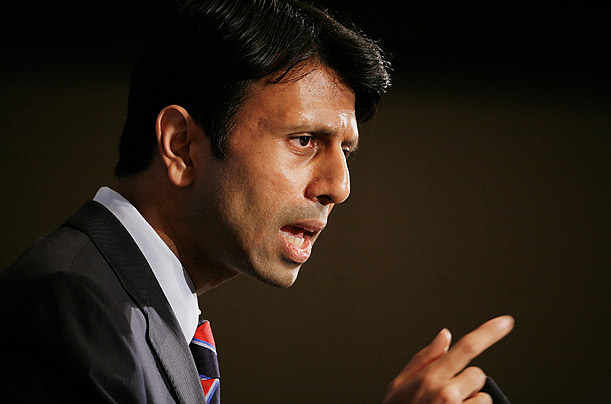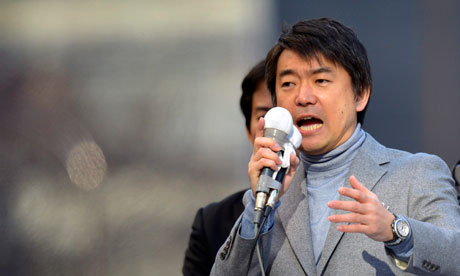Bobby Jindal, the current Governor of Louisiana and the Chairman of the Republican Governors Association, recently wrote a story on race for Politico, an American political journalism organization.
“Scan the news on any given day in America, and you will invariably find multiple stories about race, racism, ethnicity, and race relations,” Jindal writes, “We can’t seem to get enough of this topic, and correspondingly, the media appetite for all things race-related is unquenchable.” I nodded my head to this. After all, when you write for an Asian-American Women’s Magazine Publication, how can you not pay attention to race?
He then continued to point out that we ought to be judged by our character instead of the color of our skin. He notes that humans are shallow to think of others in terms of their skin color. Again, I found myself nodding in agreement. I can’t even count the number of times we’ve found ourselves angry at being associated with stereotypes simply because we’re Asian.
But then his opinion piece starts taking an abrupt turn. “Yet we still place far too much emphasis on our “separateness,” our heritage, ethnic background, skin color, etc.” Jindal writes, “We live in the age of hyphenated Americans: Asian-Americans, Italian-Americans, African-Americans, Mexican-Americans, Cuban-Americans, Indian-Americans, and Native Americans, to name just a few. Here’s an idea: How about just “Americans?” That has a nice ring to it, if you ask me. Placing undue emphasis on our “separateness” is a step backward.”
Wait, what?
He ends his piece by stating, “We are all created in the image of God – skinny, fat, tall, short, dark, light, whatever. Who cares? What does it matter? It’s time to get over it. It’s time for the end of race in America. Now that would be progress.”
This is the point where we shake our heads in a very frustrated no. Our culture is a very very big part of our identity and its most definitely something we can’t ignore. Yes, I consider myself an Asian-American, or according to Jindal a “hyphenated American”, because I choose not to lose any more of my already blurry cultural identity. I choose to be a “hyphenated American” because even if we wanted to go along with the unrealistic belief that all Americans are treated equally, how can we possibly ignore all the racial slurs and all the racial stereotyping? How is ignoring a problem the solution to solving it?
While I agree that in an ideal world, judgement would be based on character as oppose to the color of one’s skin, the idea of being completely “color-blind” is not the solution. Is it not better to keep our eyes open, and accept all the colors none-the-less? We can’t pretend to be colorblind because ultimately many people are indeed treated a certain way because of the color of their skin. It is only by looking at the issue full-on and realizing that inequality is present that we can hope to address the problem.








